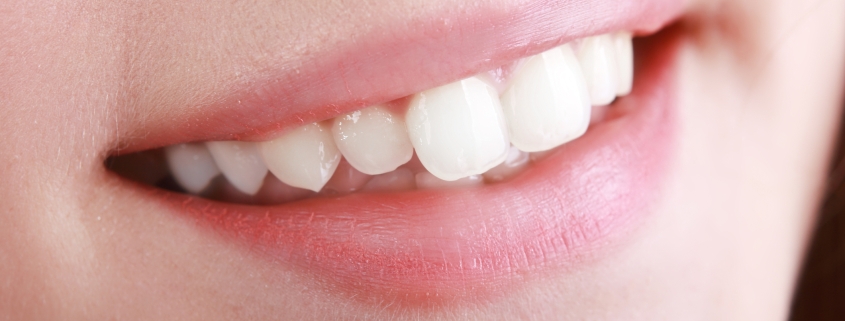Big Teeth
Causes of Big Teeth
Genetics:
The size and shape of our teeth are largely determined by genetics. Individuals may inherit the trait of having larger teeth from their parents or ancestors. Genetic factors play a significant role in dental characteristics, including tooth size, alignment, and the overall structure of the oral cavity.
Macrodontia:
Macrodontia is a rare condition characterized by abnormally large teeth. This condition can affect a single tooth or multiple teeth, leading to a distinct appearance. Macrodontia is often associated with specific genetic factors and developmental abnormalities during tooth formation.
Malocclusion:
Malocclusion refers to the misalignment of teeth, which can sometimes create the illusion of larger or smaller teeth. Overlapping or crowded teeth may give the appearance of big teeth, especially when viewed in relation to neighboring teeth.
Myths Surrounding Big Teeth
Big Teeth Equal Big Problems:
Contrary to the myth that big teeth are more prone to dental issues, the size of teeth does not necessarily correlate with oral health problems. Good oral hygiene practices, regular dental check-ups, and proper dental care contribute more significantly to oral health than the size of individual teeth.
Cosmetic Flaw:
While some individuals may feel self-conscious about having big teeth, it’s essential to recognize that beauty standards vary widely. Big teeth can be a unique and attractive feature, contributing to a distinctive smile. Embracing one’s natural dental characteristics is a step toward self-acceptance.
Treatment is Always Necessary:
Not everyone with big teeth requires dental intervention. In cases where functional or cosmetic concerns arise, individuals may explore options like orthodontic treatment or cosmetic dentistry. However, the decision to pursue treatment should be based on individual preferences and needs.
Celebrating Dental Diversity
Smiles Are Unique:
The beauty of a smile lies in its uniqueness. Big teeth, like any other dental characteristic, contribute to the diversity of smiles around the world. Recognizing and celebrating this diversity promotes a positive attitude toward individual differences.
Cultural Perspectives:
Cultural attitudes toward dental aesthetics vary, and what may be perceived as “big teeth” in one culture might be considered a desirable feature in another. Understanding and appreciating cultural diversity further emphasizes the subjective nature of beauty standards.
Self-Confidence and Empowerment:
Embracing one’s dental features, including big teeth, fosters self-confidence and empowerment. The acceptance of one’s unique smile can be a powerful affirmation of individuality and self-worth.
Big teeth are a natural variation in dental anatomy, influenced by genetics, development, and individual characteristics. Rather than viewing big teeth as a flaw, it’s important to appreciate the beauty of diversity in smiles. Whether it’s a subtle quirk or a prominent feature, big teeth contribute to the rich tapestry of human expression. Celebrating dental diversity encourages a positive and inclusive approach to oral aesthetics, fostering a culture where every smile is truly one of a kind.

